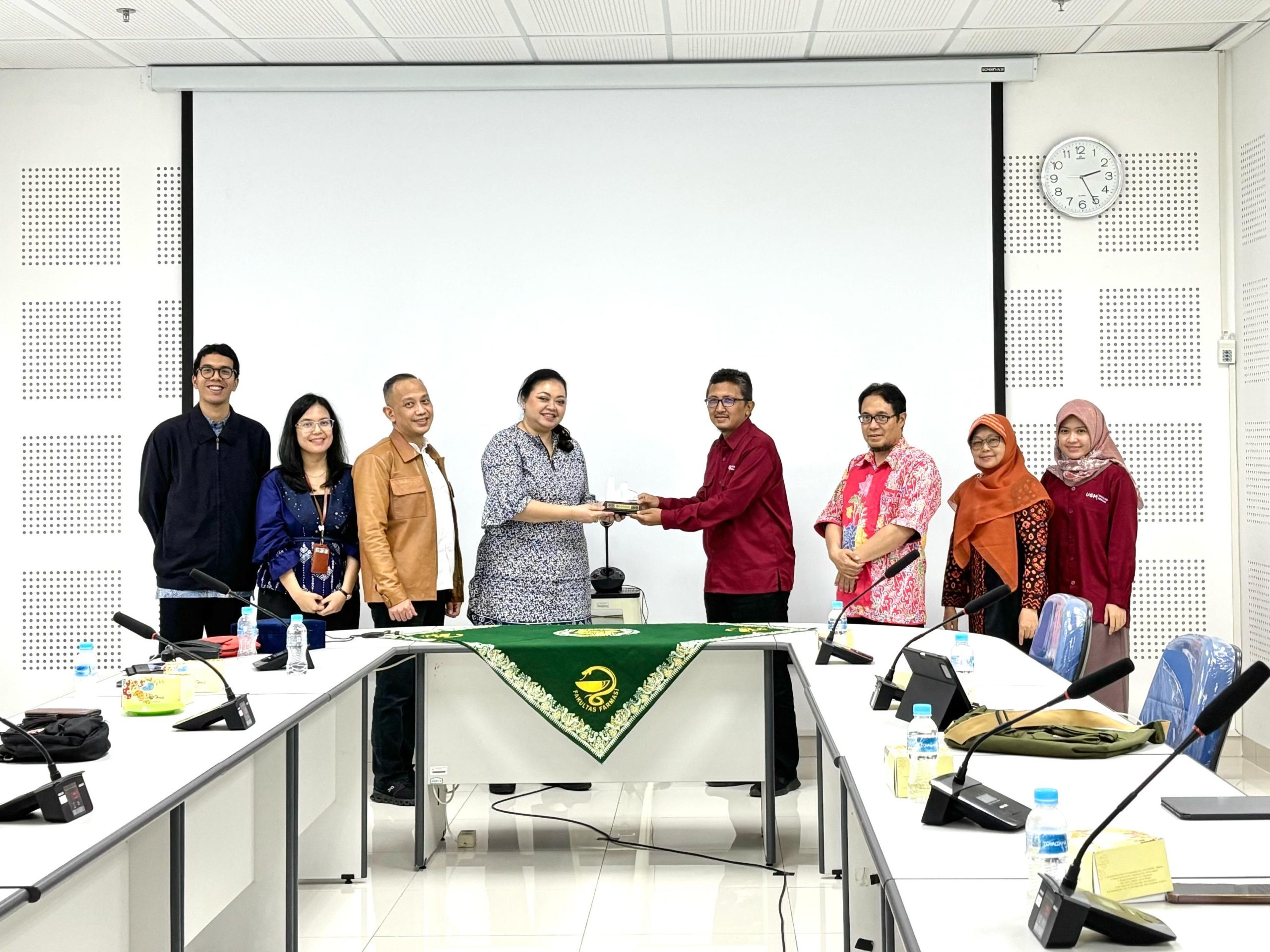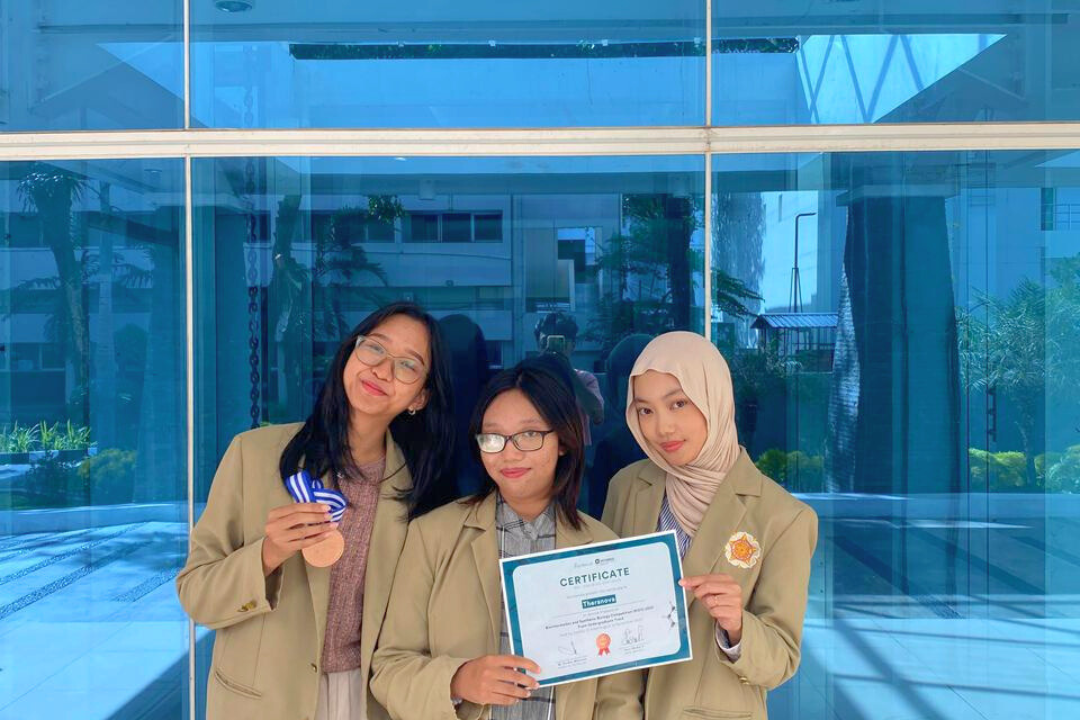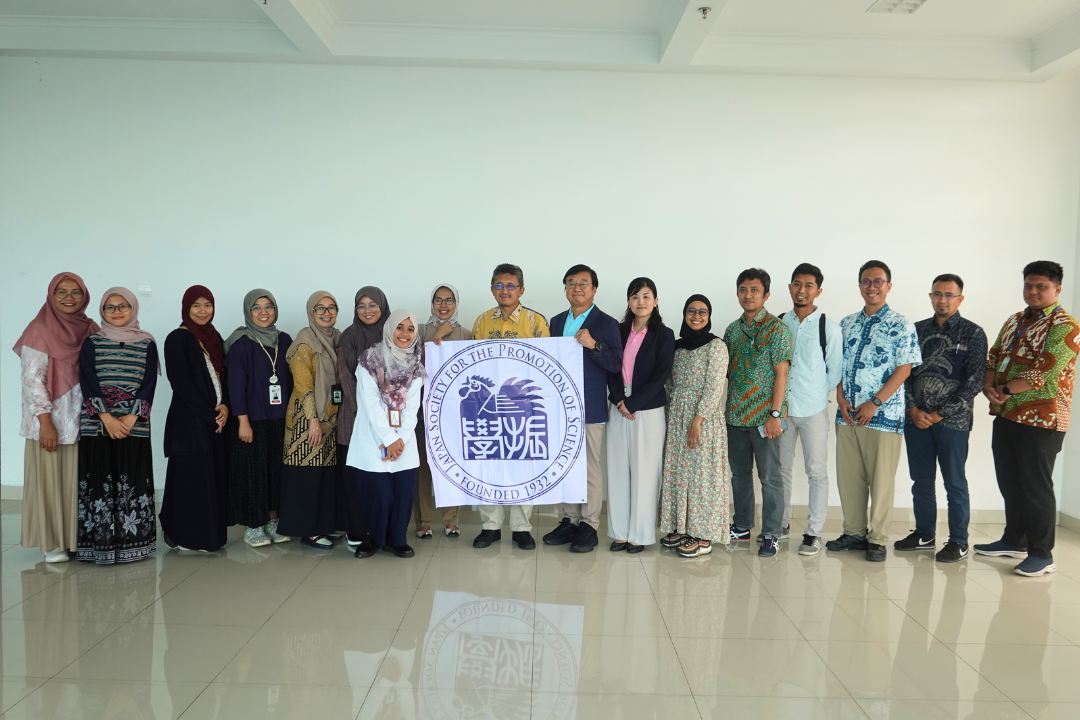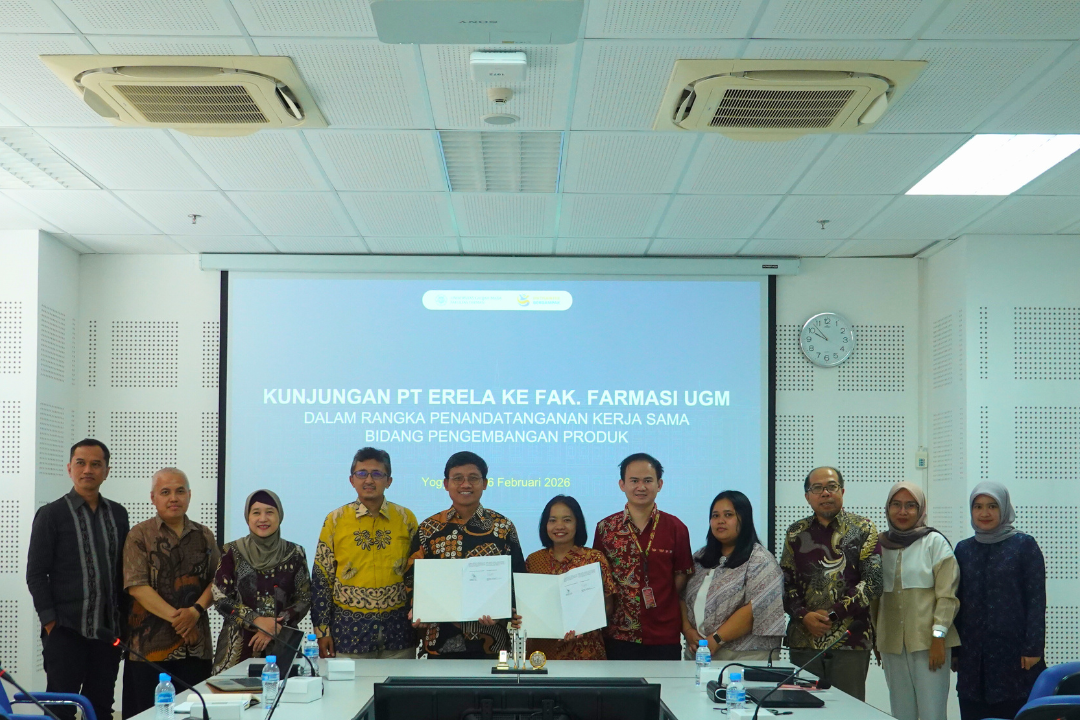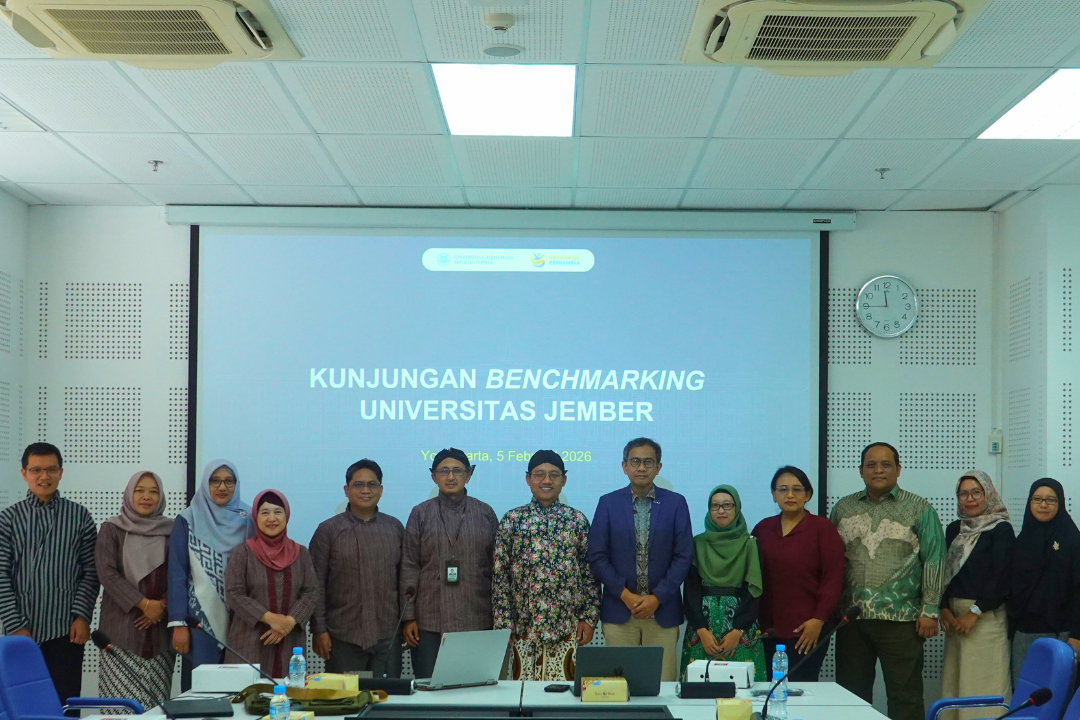Pharmacy UGM – To support the 2025 research agenda of the Bank Indonesia Institute (BINS), the Faculty of Pharmacy at Universitas Gadjah Mada (UGM) held a Focus Group Discussion (FGD) and joint visit with BINS on Tuesday, April 29, 2025. The event took place at the Executive Meeting Room on the 7th floor of the APSLC Building, Faculty of Pharmacy UGM.
The FGD served as a strategic platform to explore the future direction of research and innovation in Indonesia, especially in the pharmaceutical sector, amid the rapid growth of digitalization and the underutilized potential of the demographic dividend. Discussions revealed that although Indonesia has entered the digital era, most of its population remains technology consumers rather than producers. Many digital services are still imported, and efforts to generate domestic innovation are hindered by challenges in the research ecosystem, industrial readiness, and regulatory frameworks.
As a leading research institution in the health and pharmaceutical sector, the Faculty of Pharmacy UGM has developed a research roadmap focused on commercializing research outcomes and enhancing public health services. Some of these projects have reached the prototype and patent stages, including the development of synthetic drugs and pharmacoeconomic studies. However, commercialization efforts face major hurdles, particularly due to complex regulations and limited infrastructure for industrial-scale production.
“Submitting new drugs to the Indonesian Food and Drug Authority (BPOM) remains a significant challenge, especially for compounds that are not yet internationally recognized,” explained Prof. Dr.rer.nat. apt. Nanang Fakhrudin, M.Si as Vice Dean for Research, Community Services, Cooperation, and Alumni. “Several promising compounds have yet to be listed by BPOM, despite their high potential.”
In terms of education, the Faculty of Pharmacy UGM is equipping postgraduate students to take an active role in research with commercial potential. One example is their involvement in long-term projects like the development of locally produced paracetamol in the form of an active pharmaceutical ingredient, which demonstrates strong integration between academic curriculum and industry needs. (Kiki/HumasFA)

